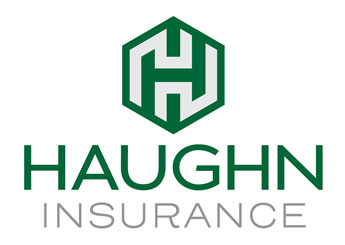
As an employer, providing good health insurance for your employees is paramount. It not only safeguards their well-being during illnesses or injuries but also fosters a sense of security in knowing you care for their welfare. In certain cases, opting for a self-insurance plan, where employees pay premiums directly to you, can be advantageous as you cover their health claims.
Key Facts on Self-Insurance
When contemplating self-insurance plans, consider the following crucial factors to make an informed decision for your business:
Customizable Benefits
Unlike traditional insurance plans with predefined packages, self-insurance enables you to design benefits tailored to your employees’ specific needs. This flexibility benefits both you and your workforce, allowing targeted coverage and cost management.
No Prepaid Premiums
Self-insurance liberates you from the burden of monthly premiums, reducing costs for employees who rarely require medical attention. Instead, you pay for claims as they arise, though larger health events may pose a risk.
Managing Risk
Self-insurance involves the possibility of significant expenses for severe injuries or long-term illnesses. Implementing risk management strategies, such as setting claim limits, can mitigate potential financial challenges.
Determining Suitability for Self-Insurance
Several factors come into play when evaluating self-insurance plans:
- Number of employees: Larger companies typically find self-insurance more advantageous due to the spread of risk.
- Average employee age: The age of your employees influences claim costs, with older employees potentially requiring more medical attention.
- Healthcare costs: Analyze your current healthcare expenses, and assess whether it could lead to cost savings.
- Risk management strategy: Be prepared to implement a well-defined plan for managing the increased risk associated with self-insurance.
- Anticipated company growth: If your business is expected to expand in employee count, self-insurance can become an attractive option.
By carefully considering these factors in line with your unique circumstances, you can determine whether self-insurance is a suitable and beneficial plan for your business.
Conclusion
Self-insurance plans present an opportunity to tailor health benefits to your employees’ needs while potentially reducing costs. However, it is crucial to evaluate the associated risks and consider factors like company size, employee demographics, and growth projections before making this critical decision. By making an informed choice, you can ensure the well-being of your employees and the financial security of your business.
About Haughn & Associates
Founded by Michael Haughn in 1986, Haughn & Associates is a full-service, family-owned, independent insurance agency based out of Dublin, Ohio. H&A strives to provide the best possible price and unique insurance solutions across a myriad of industries, including construction, IT, Habitation & Commercial Property, Agriculture, and Engineering. Devoted to providing the best of business insurance, life and disability insurance, personal insurance, employee benefits, and bonds, H&A is proof that success lies in long-standing client relations and satisfaction. To learn more about how H&A can be of service to you, contact us at (877) 802-2278.

